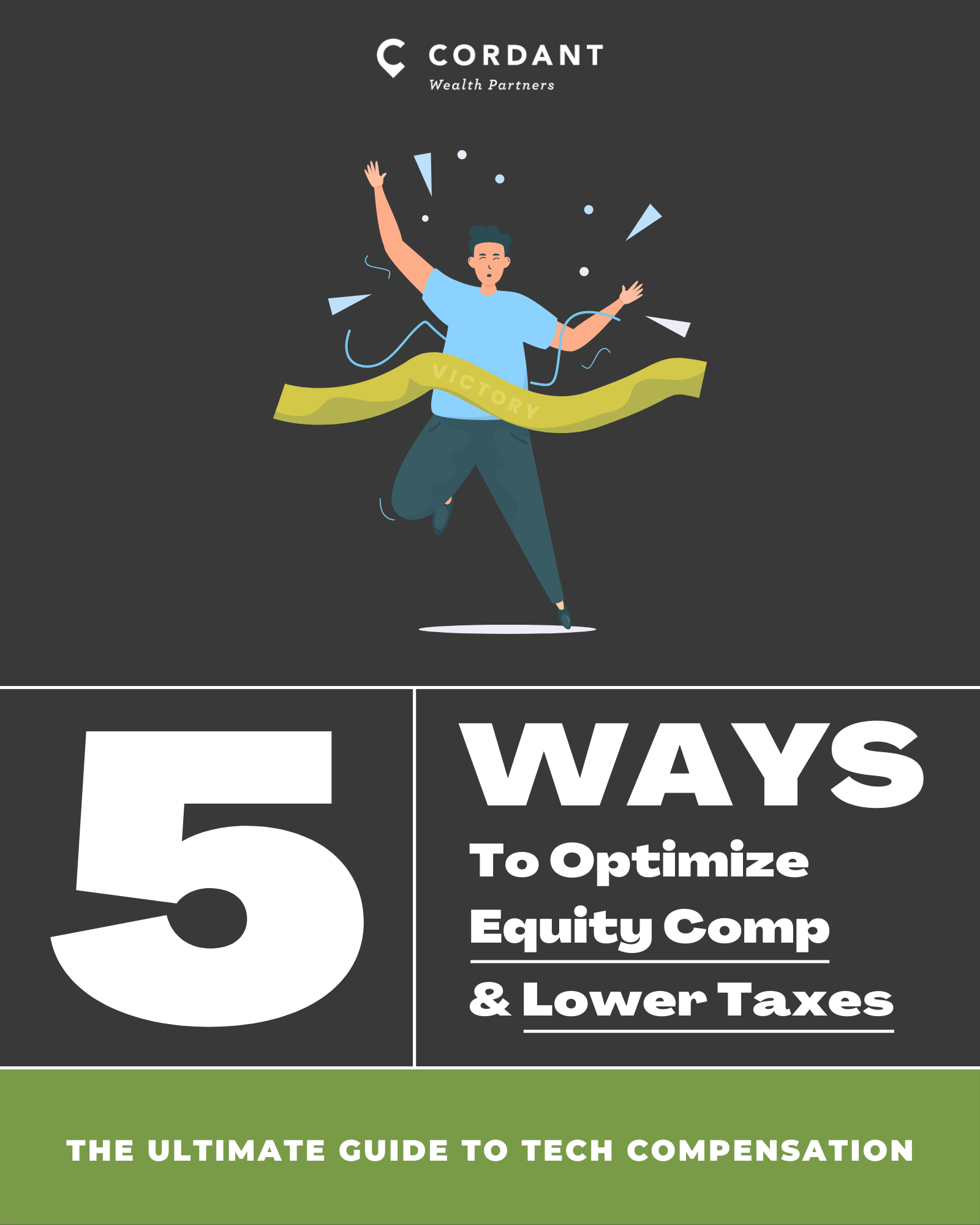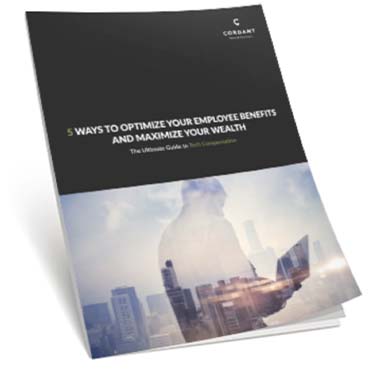The results of Tuesday’s presidential election were surprising to many and concerning to some, but they’ve left pretty much everyone asking: where do we go from here?
In an attempt to answer this very natural question, we now have the very same pundits, prognosticators, and seers who couldn’t predict the outcome of the election lining up to tell us exactly what will happen over the next four years.
But what do we think? Honestly, our crystal ball is a little cloudy. We don’t know, and neither does anyone else; someone telling you otherwise is probably either lying or selling you something—maybe both.
If we’ve learned anything in 2016, it’s that the prediction business is not a business you want to be in as an investor. First, the “Brexit” vote which few saw coming and now, a billionaire real estate developer with no political experience, has been elected to serve as the 45th President of the United States. Heck, even the Chicago Cubs snapped a 108-year drought and won the World Series.
So, despite the lessons of this year, the desire to know the future remains. We still crave certainty. It’s why the prediction business, no matter how bad the track record, will never go away.
Let’s look at some examples of how difficult it is to predict the future, let alone make money by doing it. Then we will give our thoughts on what you should be doing now.
Forecasts are hard, especially those about the future
Consider the Washington Post article “How a Trump Presidency Could Affect Your Investment Portfolio” which intends to give some investment ideas that may do well over the next four years. This, despite being fresh off a wrong prediction on who would actually be president over the next four years. Instead of great investment ideas, what it does point out is the challenge of an exercise like this is. Here are some examples from the article:
- Healthcare stocks: Could be a “net negative or positive for the sector.”
- Financial firms: “If he supports policies that call for breaking up big banks, that could be bad news for major financial firms.” But, “banks could benefit if Trump and some Republicans in Congress are able to undo some of the regulations that have been put in place by the Obama administration.”
- Companies that export goods: Trump has said he wants to spend heavily on infrastructure which could be good for the US economy and US companies, but if he changes trade deals “it could spell losses for companies that export heavily to other countries.”
- Bonds: The Fed may delay an interest rate hike which would likely be positive for bond returns, however, “other factors could push bond yields up or down, regardless of what the Fed does.”
You should conclude that no one investment idea is a sure homerun. It’s not that easy. The future isn’t known today, but it’s this desire for certainty today that tends to trip us up overtime. Short-term events make it hard to stick to our long-term plan.
If you need more evidence on how hard it is to get these short-term market bets right, consider the market forecast for this election.
Many forecasters were calling for a 5-10% move down if Trump won and a substantial move up should Clinton have won. Ritholtz Wealth CEO Josh Brown shares the following forecast from the hedge fund Bridgewater Associates:
Bridgewater Associates expects a 10.4% drop in the US equities market should Trump win the presidency, according to an investor note sent Tuesday obtained by Business Insider.
A Clinton win would boost the market 2.3%, according to the note.
The markets were actually up around 1% yesterday—an 11.4% error in the forecast.
Brown adds:
“By the way, Bridgewater’s Ray Dalio is maybe the smartest investor alive. That should tell you everything you need to know about stock market returns forecasts.”
Even if you got the result right (a Trump win in this case) it doesn’t guarantee your trade is successful. In order to make money, you need to nail not only the outcome but also the market’s reaction and then the timing as well. A tall order to be sure.
So, where do we go from here?
Instead of predicting what comes next, we will do what we always do: look to take advantage of opportunities when they occur, not when we guess they will. This could be as simple as tax loss harvesting when the next inevitable market correction happens or as substantial as an allocation change toward areas of higher expected returns based on current valuations or other evidence-based criteria.
The markets are difficult to figure out. Investing is hard. And yet sticking with a plan and letting the markets do its job, works over time. It’s simple, but not easy. As Nicholas Colas, Chief Market Strategist for Convergex wrote the other day:
“[I]n the end stock prices are set by future earnings and interest rates. U.S. corporations are no strangers to navigating the current political environment to generate reasonably good profits.”
While most of the ruminations in the Washington Post article we looked at aren’t helpful, it does conclude with some solid advice:
“[K]eep in mind that the confusion over how markets will fare means most investors should probably not try to make big bets on specific companies or sectors.”
Be humble and realize that neither you or anyone else knows exactly what will happen next. Then, create an investment plan and asset allocation strategy that doesn’t rely on one political party or set of policies to achieve success. Have a long-term plan in place that can survive uncertainty and stick with it.
As Jeffrey Kleintop, the Chief Global Investment Strategist at Charles Schwab recently wrote, “It’s been a Year of Surprises—from the Brexit to the Fed to the US election—sticking to your asset allocation had made sense through it all.”
Click here for disclosures regarding information contained in blog postings.
Cordant, Inc. is not affiliated or associated with, or endorsed by, Intel.


